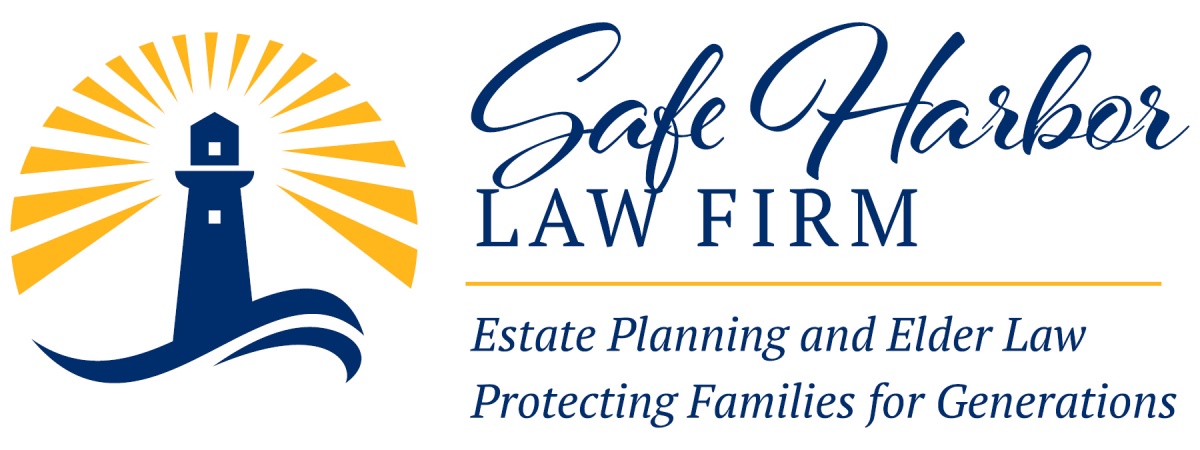Last Will & Testament
A Last Will and Testament is an essential legal document that allows you to accomplish a number of important goals. You can name your beneficiaries and specify the assets you want them to receive; name a guardian for your minor children; and choose the person you want to settle your estate (known as the Executor).
In short, a Will helps ensure your wishes are carried out after you pass away. However, it does not ensure that your wishes regarding your finances and medical care will be followed if you become incapacitated. For that you will need other essential documents.
Power of Attorney for Health Care
A Power of Attorney for Health Care, also known as a Health Care Proxy, allows you to name a person you trust to make health care decisions on your behalf if you are no longer able to make them on your own. Medical decisions covered by your Power of Attorney for Health Care can include choice of doctors and other health care providers; types of treatments; long-term care facilities; end-of-life decisions, such as the use of feeding tubes; and do not resuscitate orders.
Power of Attorney for Finances
Similar in concept to the Power of Attorney for Health Care, a Power of Attorney for Finances allows you to designate another person to make decisions about your finances, such as income, assets, and investments, when you can longer make them yourself.
By choosing your decision-makers in advance through powers of attorney, you and your loved ones can avoid the expense, stress, delays, and potential for family infighting associated with a court-ordered guardianship proceeding.
Living Will
A Living Will allows you to express your wishes regarding what medical treatments you want, or do not want, in an end of life situation. A Living Will differs from a Power of Attorney for Health Care in that it details your specific wishes, whereas a Power of Attorney for Health Care allows someone else to make health care decisions for you. Another benefit of a Living Will is that it spares your loved ones from having to make difficult decisions about your care without knowing what you would have wanted.
HIPAA Release
A HIPPA Release lets you choose who can receive information about your medical condition. Hospitals and medical providers can be prosecuted for violating the Health Insurance Portability and Accountability Act (HIPAA) if they reveal your medical information to people not named in your HIPPA Release.
To ensure your wishes are carried out while you are alive and after you pass away, your estate plan should include all of the legal documents mentioned above.
Of course, estate planning can help you accomplish many other goals as well. For example, with a Revocable Living Trust your estate won’t have to go through probate. This will expedite the distribution of estate assets to loved ones and keep your financial information private. A Revocable Living Trust also allows you to stipulate when and under what conditions your heirs will receive their assets, which is useful if you think your children are not yet mature enough to handle an inheritance. Other tools, such as an Irrevocable Trust, can protect your assets against threats like long-term care costs, divorce, creditors, lawsuits, and more.
We invite you to contact us at your earliest convenience to discuss your unique planning needs and goals.
Contact an Experienced Florida Estate Planning Attorney
If you have additional questions or concerns regarding your unique planning needs and goals, contact Safe Harbor Law Firm by calling (239) 317-3116 to schedule an appointment.

